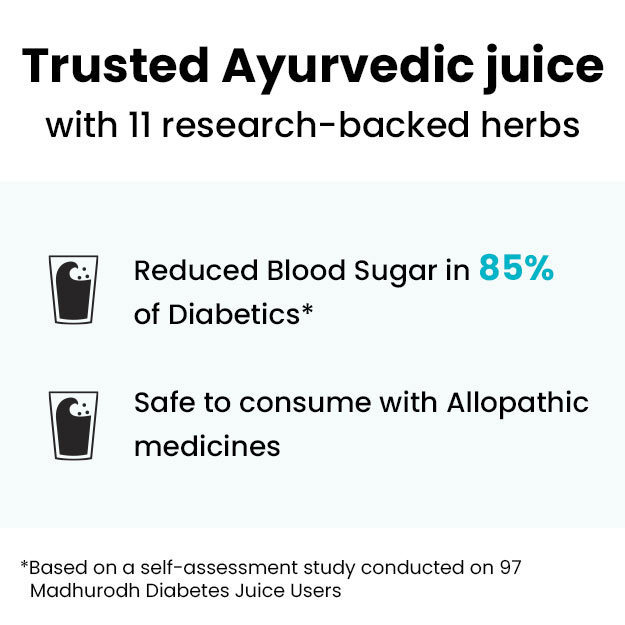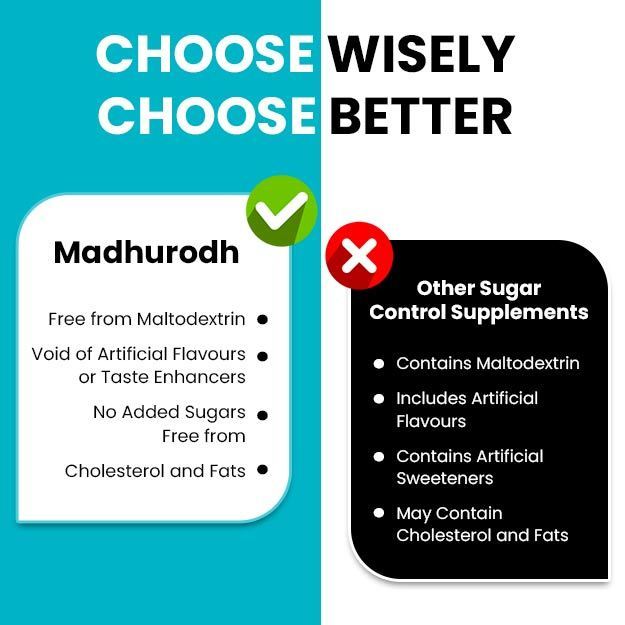What is an Allergy Test?
An allergy test is used to identify substances that can cause allergic reactions in an individual. An allergy is a hypersensitive immune reaction to an external agent (allergen) that is recognised as harmful to the body.
In response to the presence of an allergen, the body overreacts by producing antibodies called immunoglobulin E (IgE), thereby releasing chemicals to elicit an allergic reaction. These reactions can range from mild, such as sneezing, to life-threatening conditions such as anaphylaxis. An allergy test is hence needed to determine which the allergens a person hyper reacts to.
Children are more susceptible to food allergies than adults, and they usually outgrow them with age. Most allergies are caused by foods, such as milk, eggs, soy, wheat, nuts, fish, shellfish and pollen. Food sensitivity is different from an allergy in that it is only an intolerance to a particular food item, such as lactose, gluten and monosodium glutamate. It indicates that the body cannot digest certain food items and hence the symptoms of food allergy are limited to nausea, vomiting, flatulence and diarrhoea.
Gluten sensitivity is different from celiac disease; the former is an intolerance to gluten while the latter is an autoimmune condition. in which. the immune system damages intestine on consuming gluten. Wheat allergy is an entirely different condition and has more severe symptoms than gluten intolerance.


































